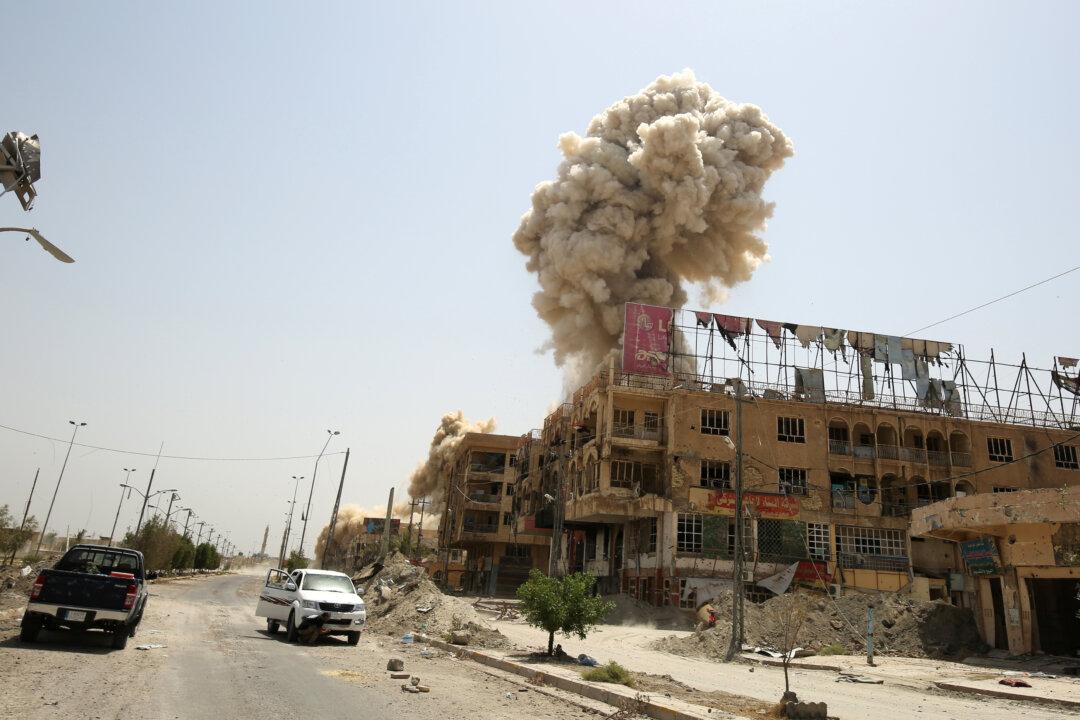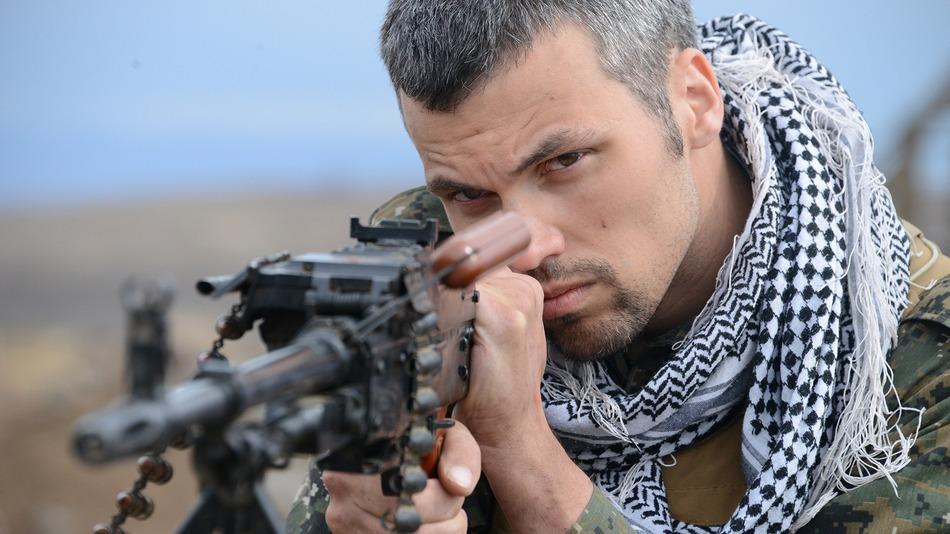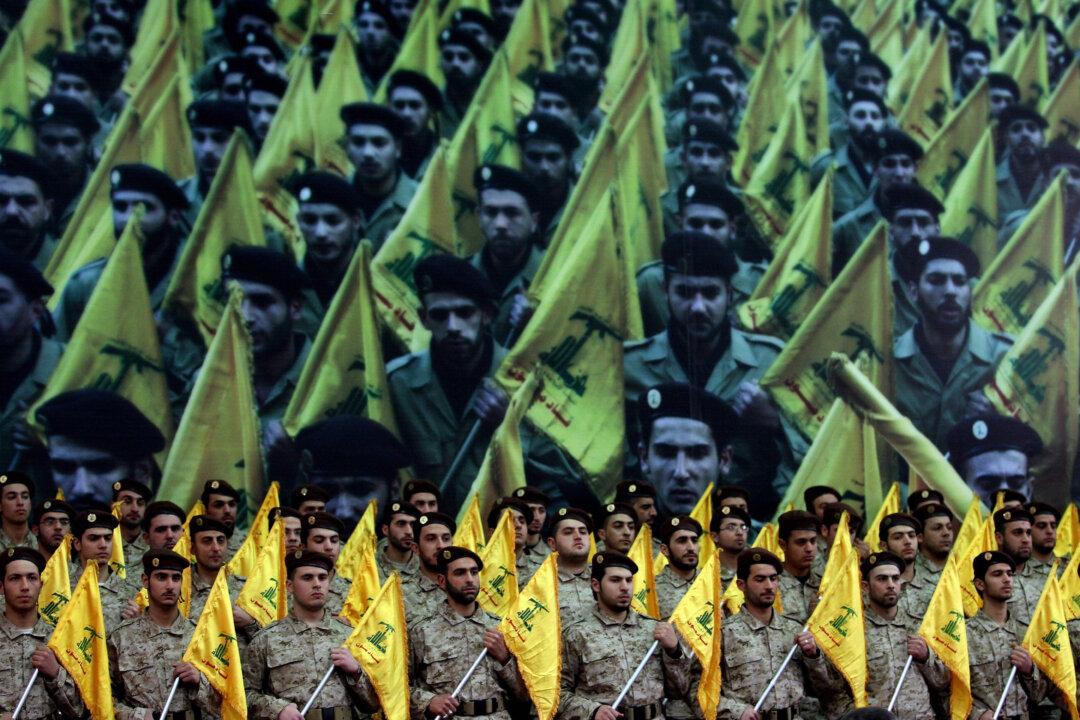JERUSALEM—The recent defeat of ISIS in Fallujah could be the first note of the swan song for the brutal terrorist group.
ISIS held the city of Fallujah, one of Iraq’s largest cities, for 29 months. Aside from some locations in Syria, that leaves only Iraq’s second largest city, Mosul, as a stronghold of the group.
According to experts, the relatively quick sweep by Iraqi security forces of Fallujah in late June still leaves fears on the table that ISIS will continue a push to infiltrate into other areas outside of Iraq and Syria. Both countries have long been under the partial control or influence of ISIS.
“We’re going to see a slow migration of the ISIS center of gravity from where it is right now in Iraq and Syria–westward,” said Michael Knights, a fellow with The Washington Institute for Near East Policy who specializes in the military and security affairs of Iraq.
Knights points out a few specific places where the group will likely try to set up shop: the northern and eastern regions of Syria, northern Lebanon, southern Turkey, parts of Iraq, and parts of Jordan, particularly in and around refugee camps.
Despite that, working on preventative measures just doesn’t seem to be on the agenda.




